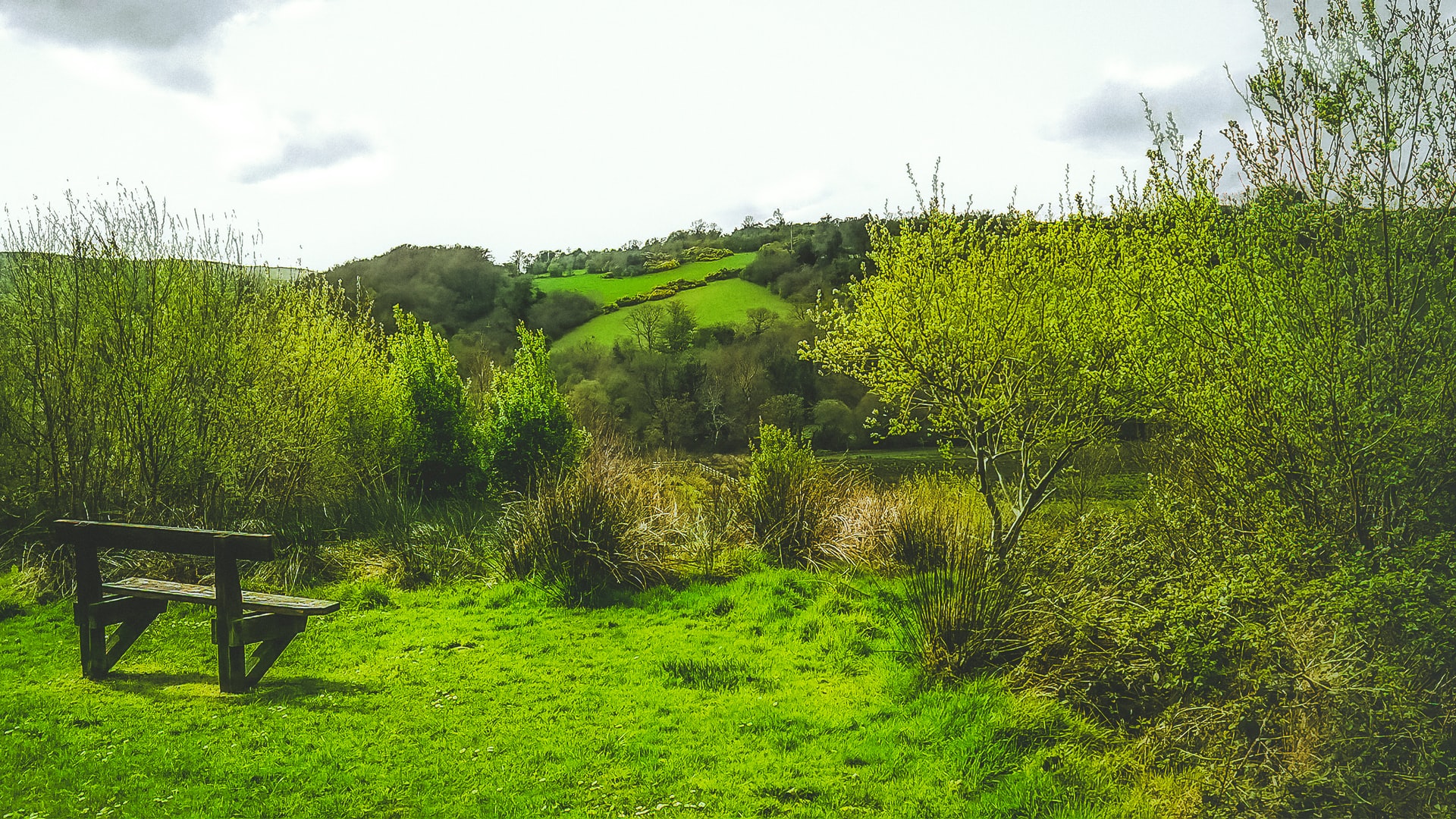
- Inspiring People -
- 10mins -
- 270 views
Nature on prescription: wildlife beauty as therapy to help alleviate depression and anxiety
Hundreds of people experiencing poor mental health will be introduced to the natural beauty of the London Wetlands Centre under a “blue prescribing” scheme.
new project aims to improve people’s mental health through connecting to ‘watery’ nature
A new project in London has been announced this month to improve people’s mental health through connecting to ‘watery’ nature. New YouGov research, released by the Mental Health Foundation, has found 65 % of people find being near water improves their mental wellbeing and is their favourite part of nature
The World Wetlands Trust (WWT) say the new scheme, called ‘Blue Prescribing,’ will allow up to 300 people experiencing poor mental health and with limited access to water in natural settings the chance to take part in a six week, wetland nature-based health programme at WWT London Wetland Centre – beginning this summer and running for a year.
According to a news release from WWT on Thursday 13 May, initiative has been set up in response to a growing body of evidence that being in nature can reduce psychological stress, fatigue, anxiety and depression and that access to blue and green space is associated with better health outcomes. This is backed up by YouGov research released today by the Mental Health Foundation that shows that 65% of people find being near water (coast, rivers, lakes and ponds) has a positive impact on their mental health. This was more than any other way to connect with nature.
The Blue Prescribing project will see participants take part in hands-on, nature-based activities in a ‘watery’ natural setting to help improve their mental and physical wellbeing, with the effects of the project being scientifically evaluated.
The scheme, based at London Wetland Centre, will be co-designed between the Wildfowl & Wetlands Trust (WWT), the Mental Health Foundation (MHF), and participants. Activities will build participant’s health, knowledge and confidence in wetland nature and facilitate peer support to enhance social inclusion and resilience. Overall, the aim is to enable people to continue independently exploring nature to improve their long-term mental health.
Source: WWT.org
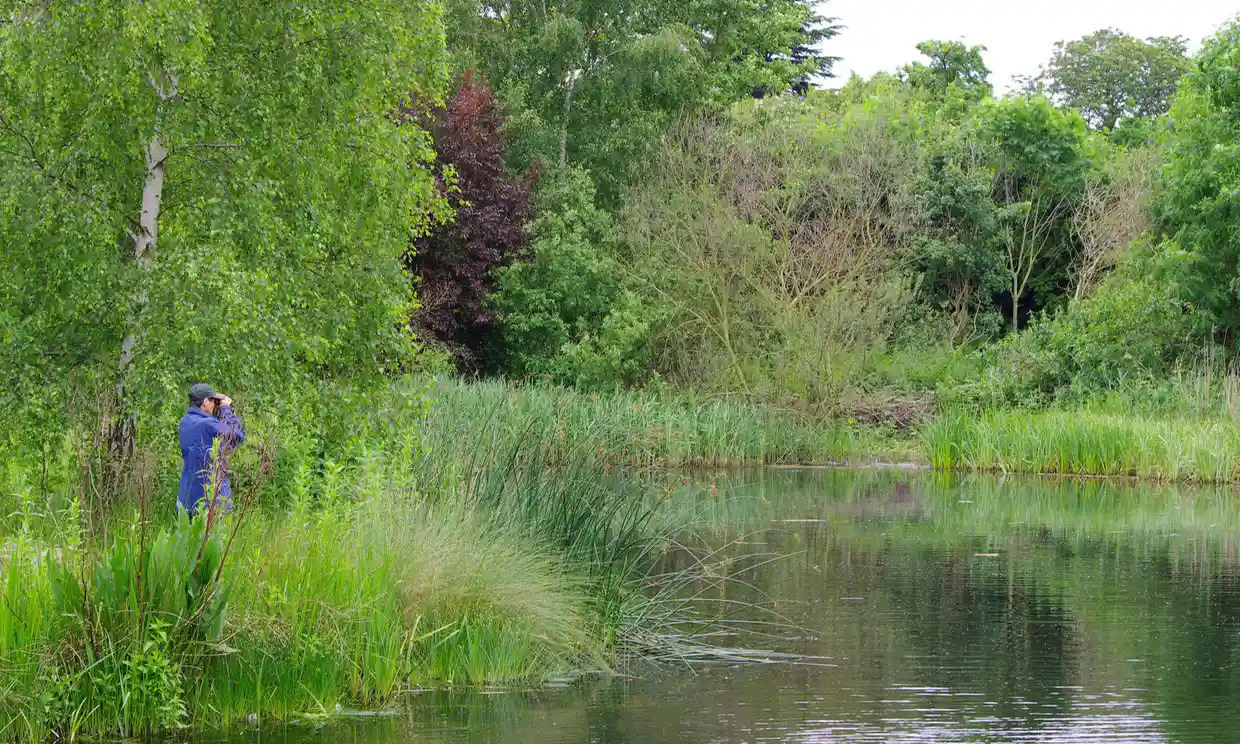
Blue Prescribing works, is cost effective and that the participant’s love it and want more
The WWT article adds that the project follows a pilot programme of similar design for people diagnosed with anxiety or depression carried out at WWT Slimbridge Wetland Centre. Here, participant’s levels of stress and anxiety were reduced through regular, guided access to wetlands, with the group overall moving up a clinical mental health grade from below average to average.
The ‘on the ground’ element of the Blue Prescribing project will be supported by an online nature-based, mental health self-management course. Participants transport will be fully funded and financial support will be available to increase online access to help ensure the project is available to all.
Dr Jonathan Reeves, Principal Research Officer (Health & Wellbeing) from WWT said:
“The benefits of getting out in nature for our mental wellbeing has become well known during the pandemic, but those experiencing mental health problems, and those most at risk, still face greater barriers to accessing nature. They are more likely to live in urban areas with fewer natural spaces and less likely to have the means to travel to those spaces. The Blue Prescribing scheme at London Wetland Centre aims to enable greater access to ‘watery’ wetland nature to those that most need it. The blue and green space found in wetlands seems to be particularly beneficial as demonstrated by today’s MHF research showing that being by water provides the biggest positive impact on people’s mental health compared to all other ways to connect with nature"
He added: “Our science and feedback from participants on our Slimbridge programme tells us that Blue Prescribing works, is cost effective and that the participant’s love it and want more. We’re really excited to be able to roll out a bigger version of the project for Londoners”
Jolie Goodman, Programmes Manager for Empowerment and Later Life from the MHF commented:
“Many people in Britain get no support for their mental health from the NHS. Projects like Blue Prescribing which will start at the London Wetlands Centre later this summer are a way for people to protect their own mental health and prevent them needing crisis support. We are delighted to be working with the Wildfowl and Wetlands Trust to support people from a range of communities to keep in good mental health by connecting with wetland nature next to water."
A participant who took part in the Slimbridge Blue Prescribing pilot project said: “Usually I am just switching four walls for another four walls. This is something bigger than myself. It’s something to be connected to"
The project has been fully funded by Simplyhealth, the UK’s leading health solutions company.
Since October 2018, doctors in Shetland, Scotland, have been able to prescribe nature to their patients. It’s thought to be the first program of its kind in the UK, and seeks to reduce blood pressure, anxiety, and increase happiness for those with diabetes, a mental illness, stress, heart disease, and more.
There is a whole leaflet of nature prescription suggestions that accompanies the program, filled with amusing, charming, sometimes seemingly off-kilter suggestions. Learn more.
Source: WWT.org
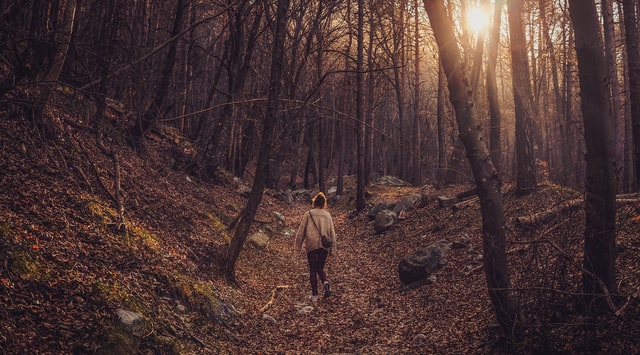
4 Mental Health Benefits of Nature Exposure
Resources To Recover (rtor.org) is a gateway website that helps families in the Northeast of England find resources and support for loved ones with mental health concerns. In 2018 they published an article on ‘4 Mental Health Benefits of Nature’, in whic they suggest:
1. The Calming Effects of Nature: Nature has long been known to have calming effects on the mind. The beauty and serenity of nature create a sense of peace that you usually won’t be able to find in busy urban environments. Thus, spending time in nature is one of the most effective ways to reduce everyday stress and mental fatigue.
Being in such a spacious, relaxing environment helps your mind to recharge and put you in a positive mood. Going barefoot in nature is even more beneficial, as it allows your body to come into direct contact with the earth and truly connect with nature. Getting outside and walking barefoot has been shown to help regulate the nervous system, strengthen immunity and reduce feelings of stress and anxiety.
2. How Nature Calms Depression
The use of nature as a form of therapy has gained the interest of scientists, researchers and nature enthusiasts. Reconnecting with nature has been shown to be beneficial for easing some of the symptoms of depression. The very act of being in nature promotes mindfulness and gratitude. The inherent ‘peace and quiet’ of natural environments can help to clear your mind of unnecessary worries and reduce feelings of anger and tension.
The great outdoors also encourages healthy physical activity, which is a major factor in battling depression. Not only does exercise increase your energy levels and make you physically stronger, but it also makes you feel happier. Movement produces endorphins, the natural chemicals in your body that elicit feelings of pleasure. When you combine the benefits of exercise with the mood-boosting effects of being in nature, you’ll address both the emotional and physical needs of your body.
Source: rtor.org
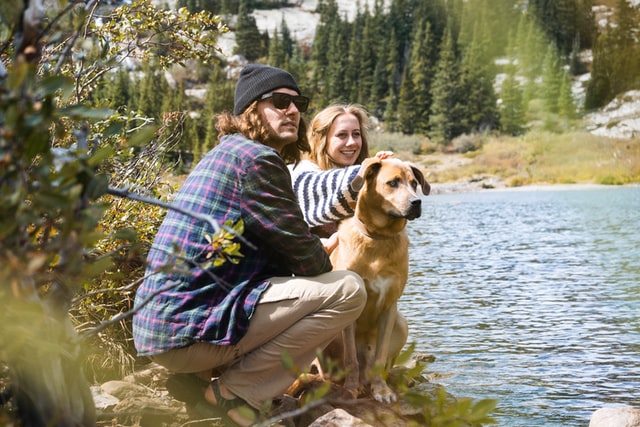
4 Mental Health Benefits of Nature Exposure continued
3. Natural Light Improves Sleep
Poor quality sleep can have a negative impact on your mental health. Problems with sleeping are commonly linked to mental health disorders like anxiety and depression. Spending more time in nature exposes your body to natural light – which can do wonders to improve your sleep patterns. Natural light helps to regulate your natural body clock, and having a good dose of sunlight regularly will allow you to normalise your sleep schedule and ensure you wake up feeling rejuvenated.
4. Nature Encourages Social Connection
Social connection is important for your mental health and overall well-being. Getting outside in nature forces you to unplug from technology and connect with the people around you. Green spaces provide an array of opportunities for people to engage in group social activities like sports and nature-based activities. These outdoor group activities encourage social inclusion and help to build strong social communities of people. This can help provide people with a sense of belonging and reduce feelings of isolation and loneliness.
Exposure to nature has been proven to be a key factor in maintaining good physical, social and mental health. The calming effects of the natural environment are particularly beneficial for easing stress, anxiety and symptoms of depression. Getting out into the great outdoors is a habit that you should incorporate into daily life – whether that involves hiking in the woods, going to the local park or simply sitting in your green garden. Regularly reconnecting with the natural world will allow you to live a much healthier, happier lifestyle.
Source: rtor.org
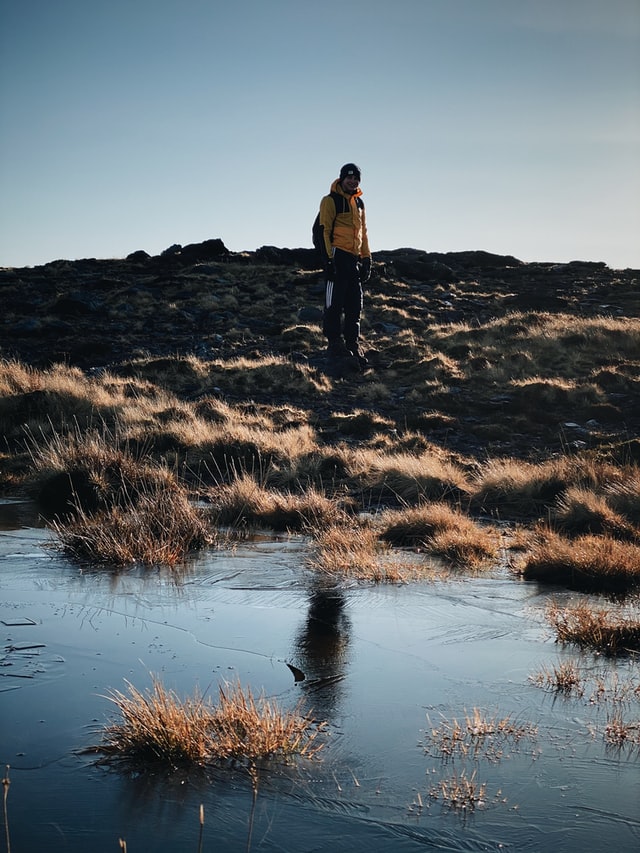
120 minutes in nature is enough to make people feel healthy
How long does it take to get a dose of nature high enough to make people say they feel healthy and have a strong sense of well-being? Precisely 120 minutes, says the Yale School of the Environment.
In a study of 20,000 people, a team led by Mathew White of the European Centre for Environment & Human Health at the University of Exeter, found that people who spent two hours a week in green spaces — local parks or other natural environments, either all at once or spaced over several visits — were substantially more likely to report good health and psychological well-being than those who don’t. Two hours was a hard boundary: The study, published last June, showed there were no benefits for people who didn’t meet that threshold.
Studies have shown that time in nature — as long as people feel safe — is an antidote for stress: It can lower blood pressure and stress hormone levels, reduce nervous system arousal, enhance immune system function, increase self-esteem, reduce anxiety, and improve mood. Attention Deficit Disorder and aggression lessen in natural environments, which also help speed the rate of healing. In a recent study, psychiatric unit researchers found that being in nature reduced feelings of isolation, promoted calm, and lifted mood among patients.
An increasing number of healthcare providers are also embracing the back-to-nature paradigm. One organisation, Park RX America, founded by Robert Zarr of Unity Healthcare in Washington, D.C., declares its mission “to decrease the burden of chronic disease, increase health and happiness, and foster environmental stewardship, by virtue of prescribing Nature during the routine delivery of healthcare by a diverse group of health care professionals.” The organisation has 10,000 parks in its “prescribing platform.”
A 2015 study of 2,000 people in the United Kingdom found that more exposure to nature translated into more community cohesion and substantially lower crime rates.
And while more vegetation is thought to encourage crime by providing security for criminals, another study found the opposite — vegetation abundance is associated with a reduction in assault, robbery, and burglary, although not theft.
In a recent paper, 26 authors laid out a framework to create a formal role for the positive impacts nature has on mental health and to formulate a model for conserving nature in cities and integrating it into planning for these health effects.
“We have entered the urban century, with two-thirds of humanity projected to be living in cities by 2050,” says Gretchen Daily, director of the Natural Capital Project at Stanford University and a senior author of a recent paperarguing that the cognitive and emotional benefits of nature should be factored into economic ecosystem service models. “There is an awakening underway today to many of the values of nature and the risks and costs of its loss. This new work can help inform investments in livability and sustainability of the world’s cities.”
While the research has grown leaps and bounds, Kahn and others argue in a recent review paper that research into the topic is still lacking in many ways, and they lay out a research agenda they say would help formalise the role of nature in public health policy.
Source: e360.yale.edu
